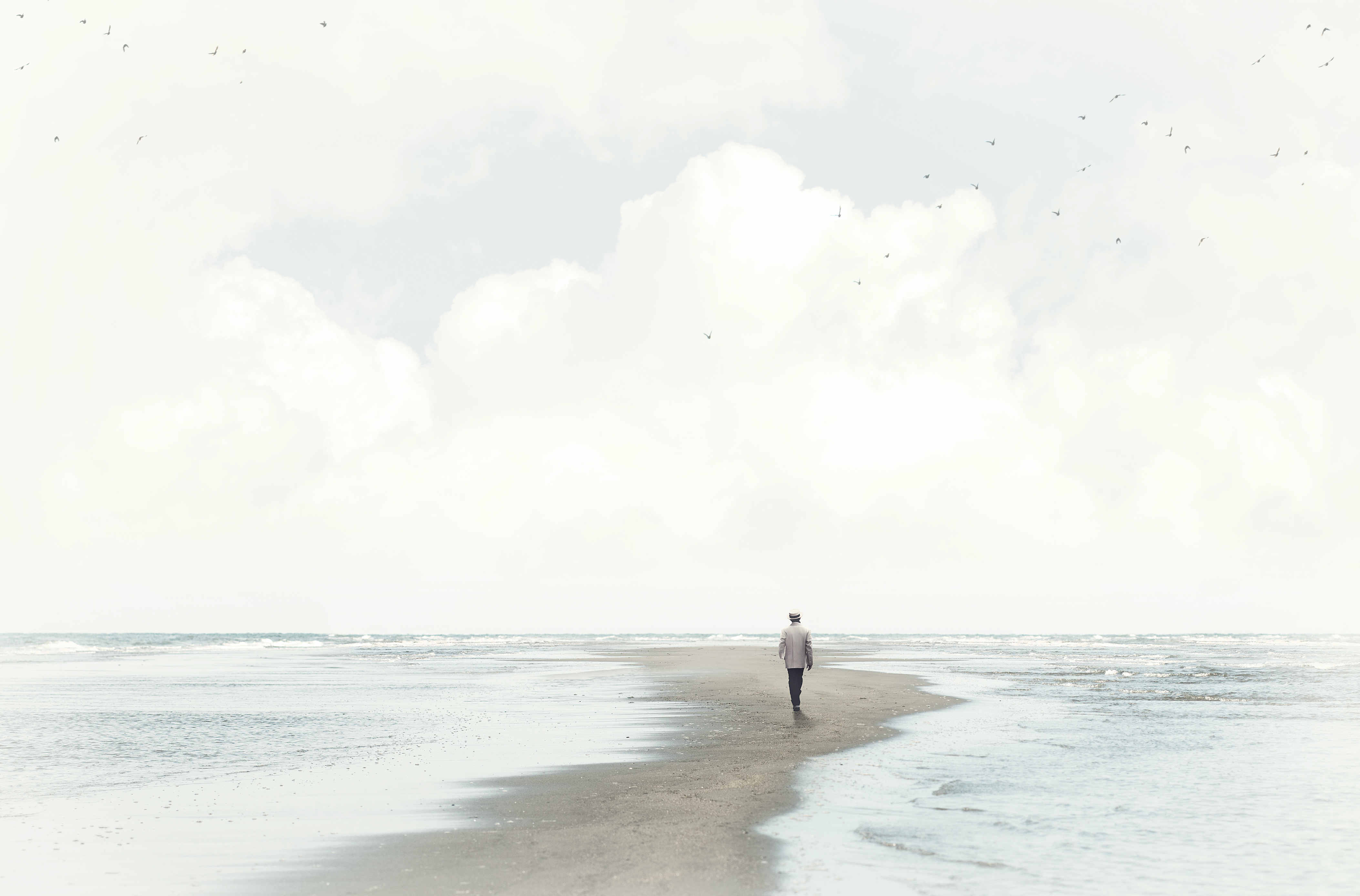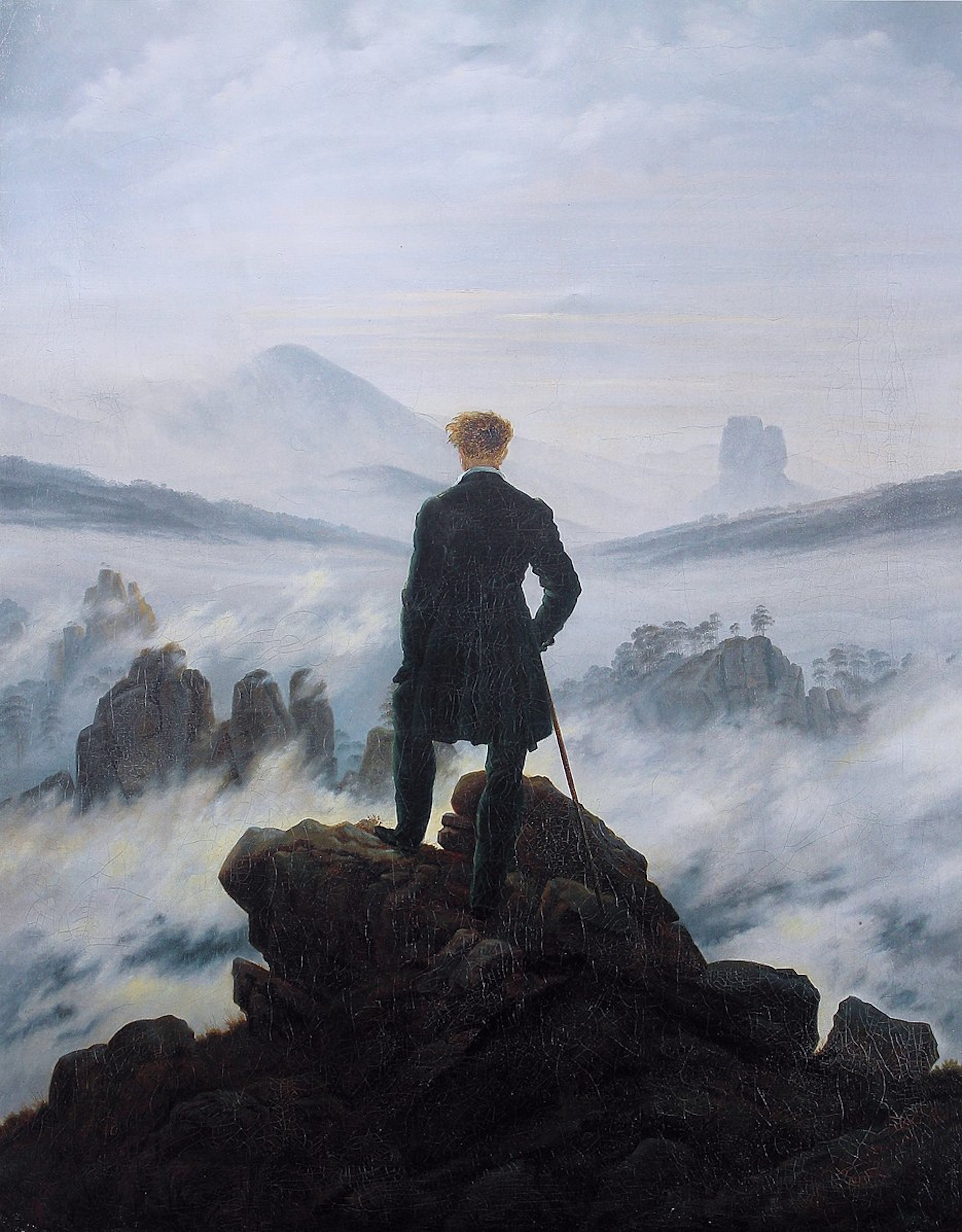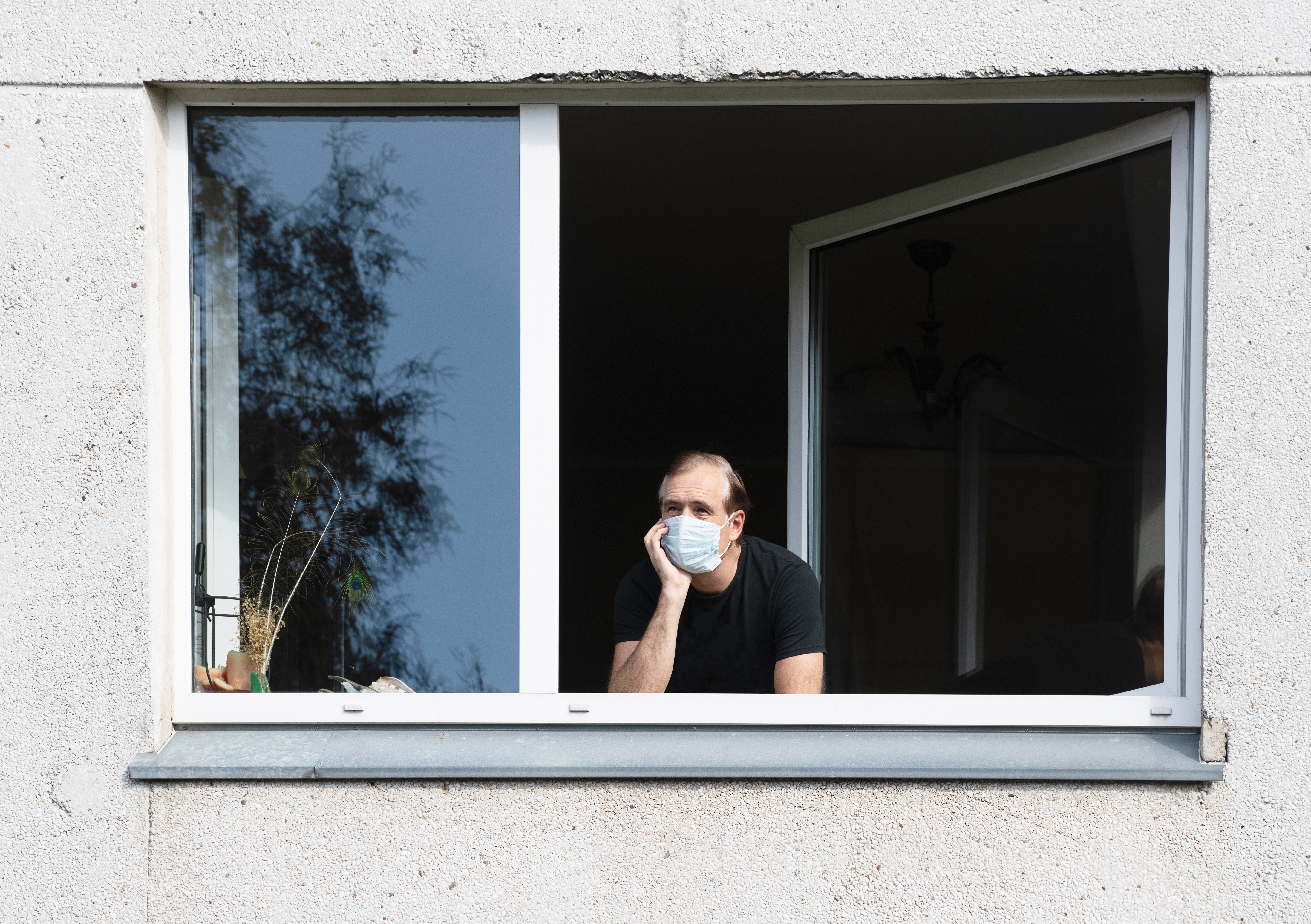According to Winnicott, the capacity to be alone is something that grows out of a very early relationship with a mother – or somebody who is in the place of a maternal carer – who lines our aloneness, our isolation. This is not a companionship that involves play or dialogue or interaction of any kind. It’s the pure presence of somebody else that makes it feel safe and possible to be alone with oneself. It feels okay to be alone with oneself if we know that somebody is simply there; in other words, if we feel a sense of their presence lining our internal environment.
Someone lonely finds it difficult to be alone with themselves, perhaps because they lack that formative experience of having someone else that they can internalise: a benign, easy presence.


